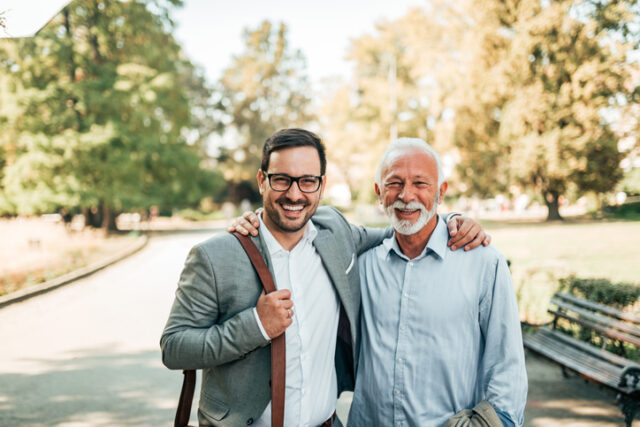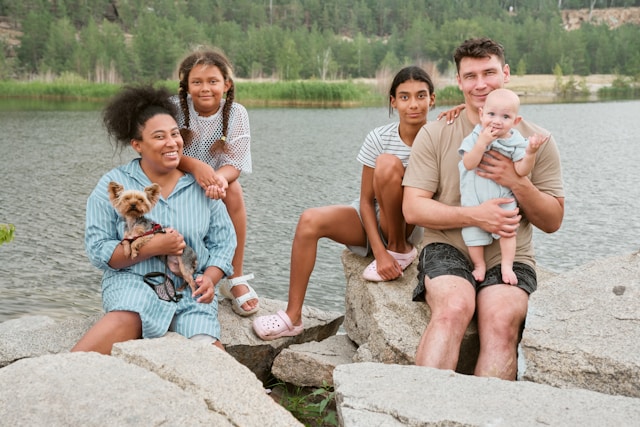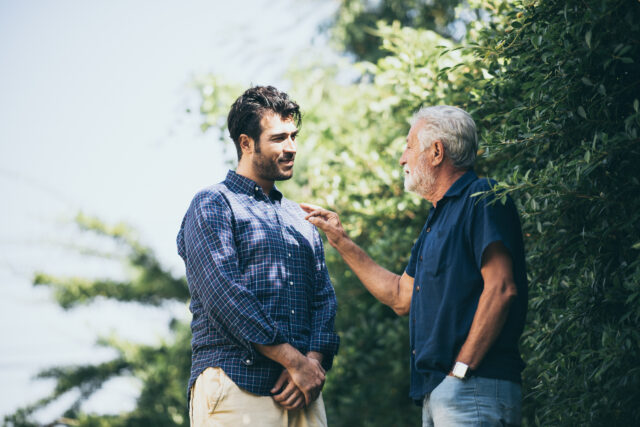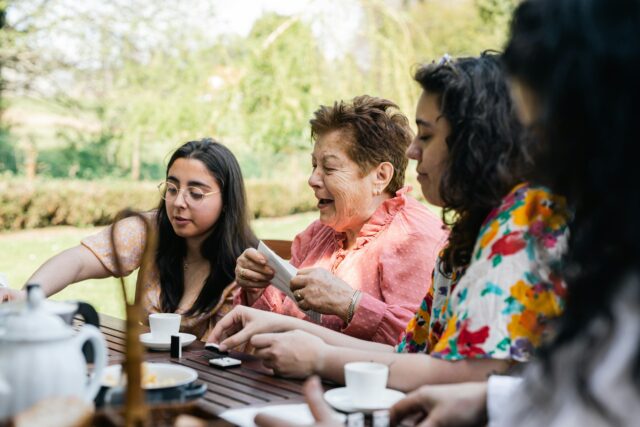Being the firstborn child in your family can come with a lot of responsibility, but it also has a fair few perks.

You have a bit of authority, you don’t often get babied (because you’re not the baby), and it’s generally just a pretty good spot to be in. Here’s why being the oldest is so great.
1. You learned to lead early on.

Being the firstborn often meant being left in charge when your parents weren’t around. While it might’ve felt like a burden at times, those early lessons in responsibility translated into leadership skills that serve you well in your adult life, whether at work or in your personal relationships.
2. You were the family guinea pig.

You were the first to do everything — school, driving, first job — and often had to navigate the unknown without much guidance. Your parents were figuring out parenting as they went, but that made you adaptable, resilient, and good at handling uncertainty.
3. You earned more independence.

Yes, your parents might’ve been stricter with you, but they also gave you more freedom as you got older. By the time your siblings came along, they trusted you enough to give you more space. That independence created self-reliance and confidence that carried over into adulthood.
4. Responsibility is second nature to you.

As the oldest, you were often expected to be the “responsible one.” While it could feel overwhelming at times, this prepared you for the real world, where being reliable and accountable is valued. Now, you’re often the person everyone can count on, whether at work or in your personal life.
5. You had the privilege of firsts.

While hand-me-downs are a thing for younger siblings, you were always the first to get new clothes, gadgets, or even experiences. Being the first in line, you set the tone for what was “cool” before your siblings even had a chance.
6. You developed patience early.

Being the oldest meant dealing with younger siblings who looked up to you — or annoyed you — constantly. This taught you the value of patience and how to handle different personalities, which comes in handy now when dealing with people from all walks of life.
7. You got undivided attention (at least for a little while).

For a while, you had your parents all to yourself. This one-on-one time may have been interrupted when your siblings arrived, but that early bond often meant you were the go-to for family decisions, advice, or serious conversations.
8. You’re naturally more confident.

Being the first to tackle big milestones like exams, driving, and job interviews gave you the confidence to face new challenges head-on. That experience built a foundation for self-assurance, which can still be seen in how you navigate life today.
9. You were the “teacher”.

From showing your younger siblings the ropes to helping them with homework, you had a built-in group of mentees. This early experience of guiding them helped develop your problem-solving skills and probably makes you a natural leader in your adult life.
10. You know how to protect the people you care about.

Looking out for your younger siblings made you naturally protective. This trait often carries over into adulthood, where you look after friends, colleagues, or even your own family. It’s second nature to you to take care of the people in your life.
11. You got to be fully present at every stage.

As the eldest, you had the luxury of experiencing childhood and adolescence without the pressure of having to catch up with anyone. You were never in a rush to grow up, which allowed you to fully live each phase of life. Now, you can reflect on that and appreciate the milestones without feeling like you missed out.
12. You developed problem-solving skills early on.
 Source: Unsplash
Source: Unsplash As the eldest, you were often the first one to figure things out — whether it was helping with sibling arguments or navigating tricky situations at school. This has shaped you into someone who can think quickly and come up with solutions under pressure.
13. You’re a role model, whether you like it or not.

Your younger siblings likely looked up to you growing up, and that responsibility made you more conscious of your actions. This influence probably taught you the value of setting a good example, which continues to benefit you in your adult relationships.




